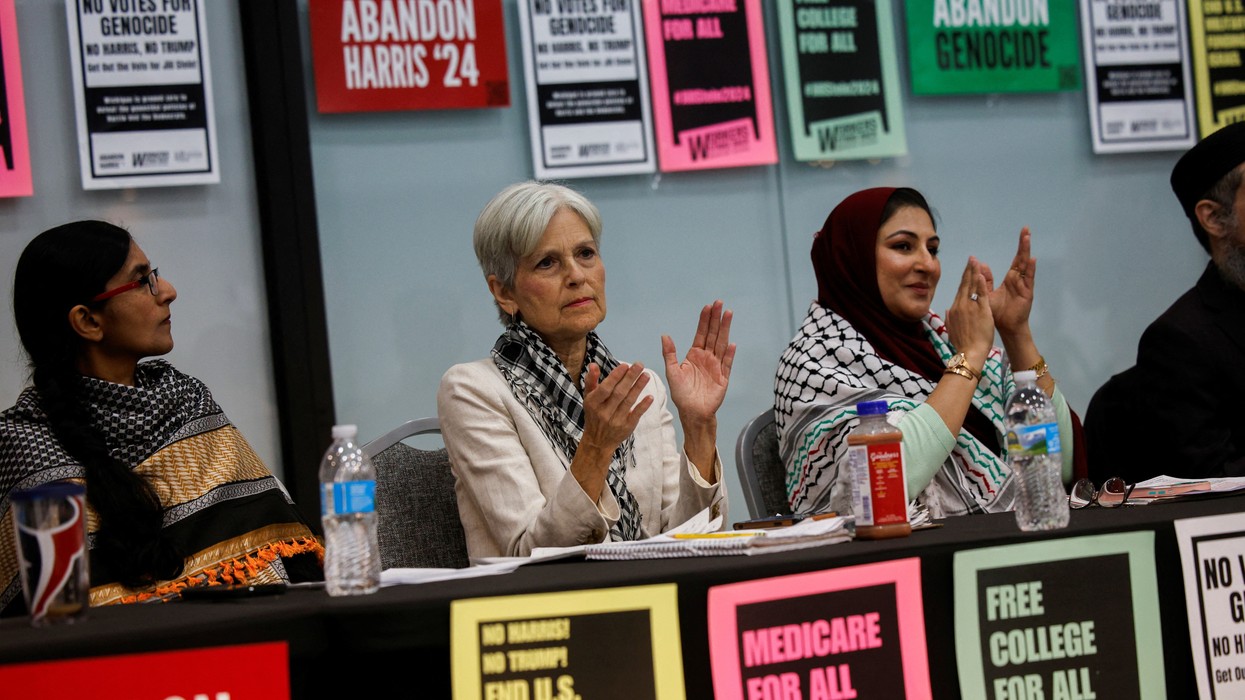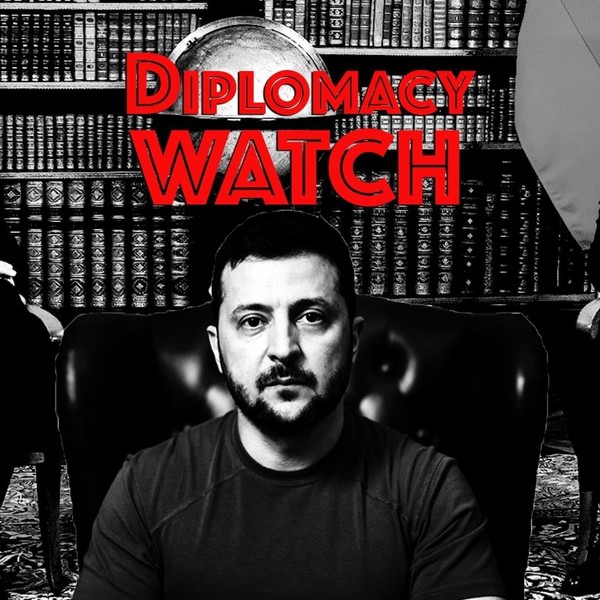This September 18 marks the 23rd anniversary of the law that launched the so-called “War on Terror”: the 2001 Authorization for Use of Military Force, also known as the 2001 AUMF.
Passed by Congress a mere three days after the attacks of September 11, the 2001 AUMF still serves as the primary legal basis for a host of military operations around the globe. From air strikes against al-Shabaab in Somalia, hostilities against Iran-backed militias in Iraq and Syria, and detention operations at Guantanamo Bay, the 2001 AUMF has been the legal backbone for a series of wars that have continued for more than two decades — twice as long as the world wars combined.
The forever wars we find ourselves in were far from the intention of the Congress that passed the 2001 AUMF, which only permits the use of force against the “nations, organizations, or persons [the president determined] planned, authorized, committed, or aided the terrorist attacks that occurred on September 11, 2001, or harbored such organizations or persons.” While not explicitly named in the AUMF, these were well understood to be al-Qaida — who carried out the 9/11 attacks — and the Taliban, who harbored them in Afghanistan.
So, how did we get here? How, with the war in Afghanistan having ended three years ago, is the executive branch still relying on a decades-old war authorization for operations against groups that didn’t even exist when it was passed?
While the 2001 AUMF was intended to apply to just al-Qaida and the Taliban, the absence of clear limiting language and some impressive legal gymnastics have seen successive presidential administrations expand it to cover numerous organizations across almost two dozen countries. The wars conducted under the 2001 AUMF have resulted in the loss of at least 432,000 civilian lives and expanded use of military force from South Asia to Africa and Southeast Asia, all without explicit congressional approval.
A significant driver of the overbreadth of the 2001 AUMF is the executive branch’s claim that it authorizes the use of force against “associated forces.” This concept — which is nowhere to be found in the text of the law — posits that the authorization can be applied to armed groups that are “co-belligerents” of al-Qaida or the Taliban.
While the concept of co-belligerency exists in international law, it lacks a formal definition. Furthermore, the way the executive branch has applied co-belligerency in the War on Terror has been criticized as “fluid, evolving, [and] internally contested.” The inherently flexible nature of the associated forces notion has led consecutive administrations to apply the 2001 AUMF to groups unconnected to the 9/11 attacks, some of whom — like ISIS — did not even exist in 2001.
It is what has allowed the 2001 AUMF to become what many call a “blank check for war.”
A new report from the Friends Committee on National Legislation (FCNL) assessing all 30 AUMFs passed by Congress going back to 1789, finds the 2001 AUMF the only one in history without any clear and specific limits regarding who it will be used against, where it will be used, what actions can be carried out, or how long the authorization will remain active.
This finding highlights just how unprecedented the 2001 AUMF’s lack of limits is. Any replacement for the 2001 AUMF and all future authorizations must adhere to our long history of necessary restrictions by including limits as to time, geography, and enemy, and explicitly exclude the possibility of an unchecked president adding additional “associated forces” to the authorization.
Various attempts have been made to sunset or revise the 2001 AUMF, the most recent being a 2023 House effort, which culminated in a hearing last September before grinding to a halt. Despite the challenges, members of Congress who take on this task should be applauded for their efforts.
The need to revisit the 2001 AUMF is clear. FCNL’s new report should inform members of Congress as they consider the necessary limits on any replacement and how to craft any future AUMFs. Deciding if, when, and where the U.S. engages in military action is the responsibility of Congress, which has a long history of including necessary limits in AUMFs.
Congress must ensure it never again passes a war authorization that cedes its war authority to the executive branch by failing to appropriately limit force. Failing to do so will only lead to a world of continued endless wars and devastation. We have enough of that already.















